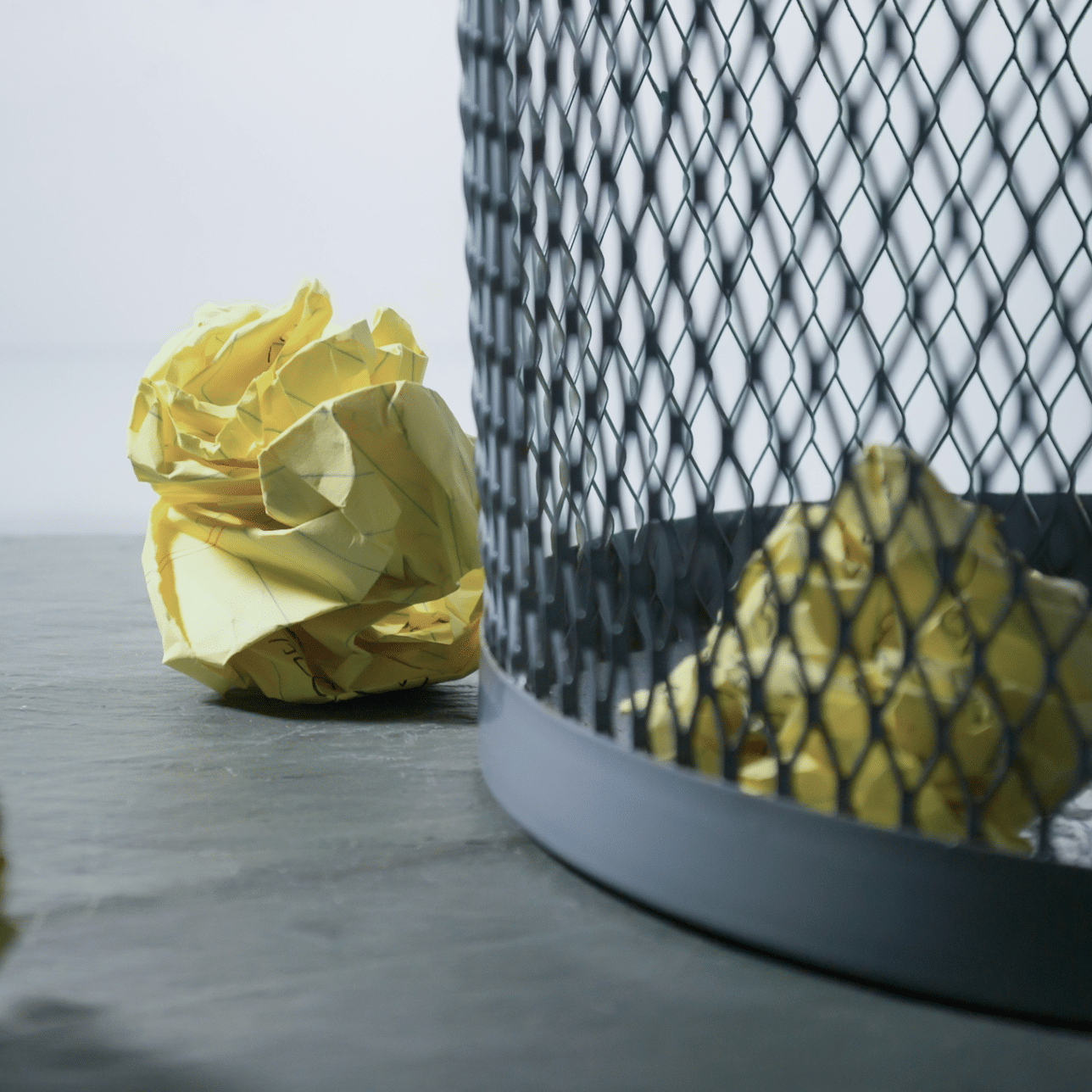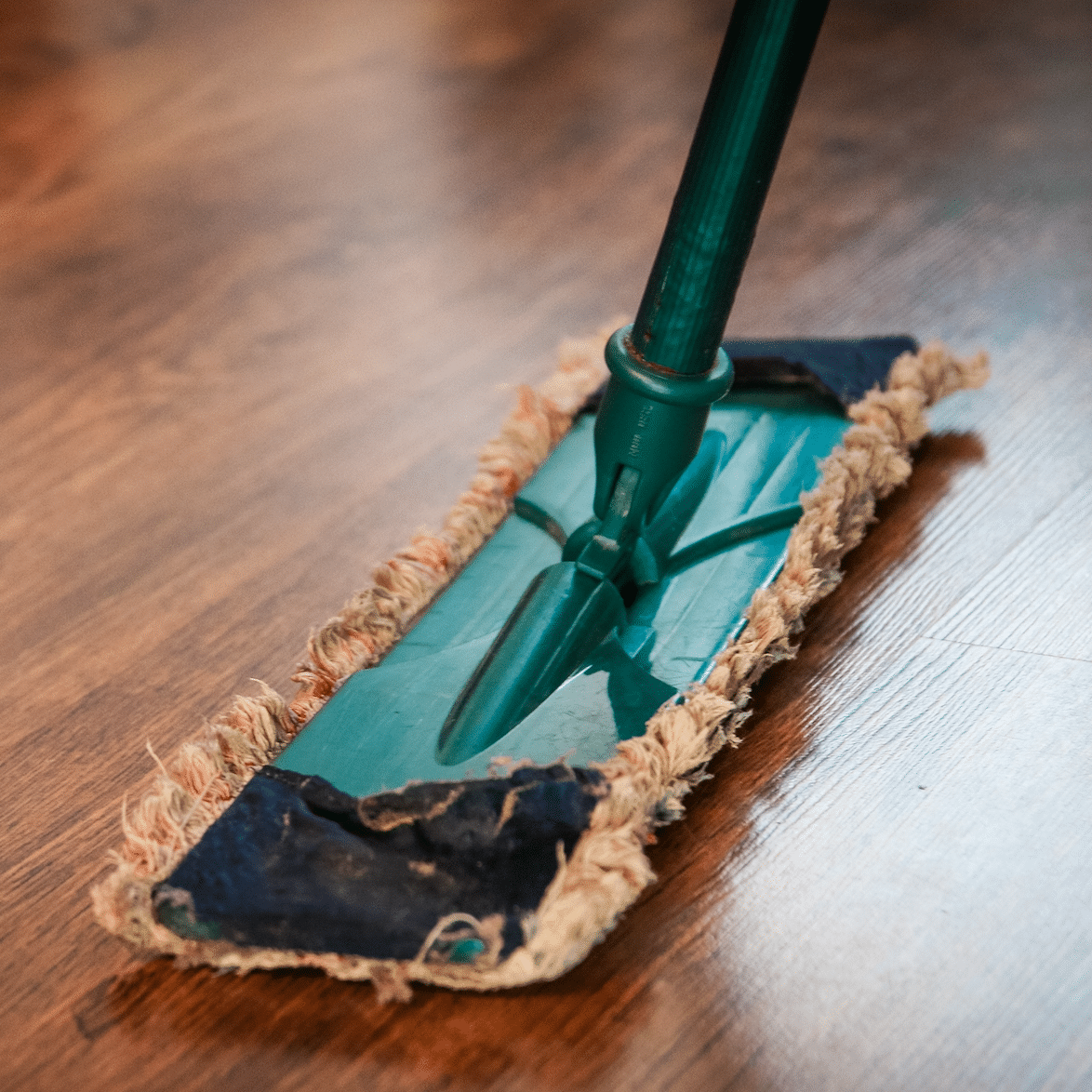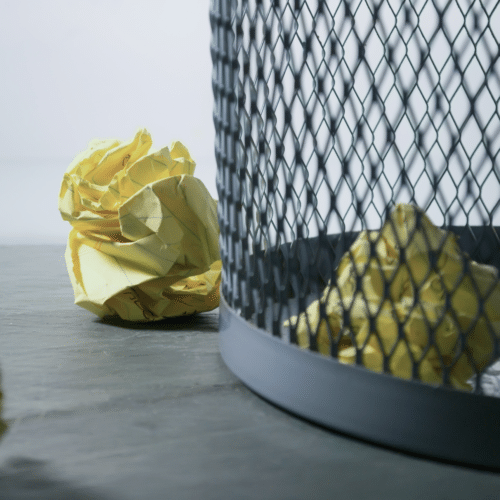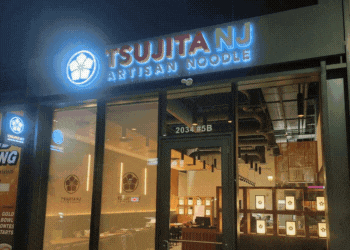Zero-waste, as the name suggests, is a set of practices that reduce or prevent waste. According to the Environmental Protection Agency {EPA}, the average American generates more than four pounds of trash every day, a figure higher than that of any other country, with serious environmental, social, and economic consequences that are still unfolding. However, there are simple steps we all can take to mitigate this problem. Applying zero-waste to our daily lives means reducing household trash, adopting reusable tools and materials, and recycling as often as possible.
However, practicing zero-waste is more than composting food waste and ditching disposable food containers. It also focuses on minimizing the production of trash from its source, by renouncing overbuying, developing healthy spending + budgeting habits, and valuing experience over possessions. In other words, it is a lifestyle that reduces excessive consumption, cultivates meaningful experience, and promotes economic and societal sustainability. Rest assured, as it can be done by you {yes, you} locally. Read on to discover how to practice zero-waste in Hoboken and Jersey City.

What is Zero-Waste
A quick browse through zero-waste blogs may lead you to a set of strict rules that sound intimidating or even unrealistic given most people’s busy schedules. {No online shopping, buying second-hand clothes only, brushing teeth with baking soda — these are all suggested ways to practice zero-waste.}
Plus, it can be confusing and even feel impossible to decide how far to go. Should the waste or pollution produced in the manufacturing process for what you’re consuming also be counted? What about the carbon emission generated during transportation? It’s easy to get bogged down by so many details and lose sight of the ultimate goal of reducing waste.
In reality, a zero-waste lifestyle can be flexible, but it does not start overnight. What matters is to make simple, conscious lifestyle changes that stick. Below are some simple guidelines on eating, cleaning, and lifestyle that can be easily implemented in our daily lives. Plus, we have also found some local organizations and businesses that may help with the zero-waste effort. Adopt any of these practices if they fit your routine. Small changes make a big difference.
Read More: Where You Can Donate Clothing in Hoboken + Jersey City
Eating
Shop More Frequently at Local Food Stores or Farmers Markets

Ask the shop owner if you can bring your own reusable bags {for dry goods such as beans, nuts, and bread}, boxes {for wet produce such as meat, cheese, and jam}, and bottles {for any liquid such as olive oil}. This not only reduces the use of unnecessary plastic packages but is also a great way to support small local businesses. Many shops also allow customers to borrow containers and return them the next time they come.
Buy Groceries in Bulk Instead of Single-Serve Packages
This will need some thoughtful planning since it defeats the purpose of reducing waste if the food ends up sitting at the back of the fridge and getting thrown away after its best-by date. Some simple steps to take to reduce waste include planning meals ahead and only buying what’s needed, keeping a running list of frequently used ingredients, and checking the fridge and cupboard for current stocks to avoid overbuying.
Bring Reusable Utensils, Salad Bowls, and Mugs to Fast-Casual Restaurants
A good practice is to keep an extra set of cutlery in the office instead of using disposable forks, knives, and spoons at quick-service lunch spots. Bring reusable salad bowls and sandwich boxes if the eatery agrees to accommodate your request {most will}. Similarly, use your own mugs instead of paper cups for store-bought coffee and ice cream. This will make a bigger impact than you think since it might inspire other diners to adopt the same practices as well.
Make Food From Scratch
Those who have time and space to cook may try to eat out less, ditch packaged, oven-ready dinners, and start making food at home. A time-saving {and cheaper} method is to cook a big batch of freezer-friendly food on a weekend and eat it over the next few days. Also, many semi-prepared foods such as hummus, pesto, and guacamole are quick to make and easy to store. The benefits of home-made food have been well-researched and widely reported. It’s a great way to be conscious of ingredients, eat healthy whole foods, and bond with family.
Composting
Composting is essentially a process that decomposes organic matter such as food waste into nutrient-rich materials that can be used to improve the quality of soil {think of fertilizer, or organic pesticides}. It is an effective way to recycle food waste and reduce the application of chemical fertilizers. Hoboken and Jersey City currently do not have municipal composting programs. However, there are a few private organizations that coordinate composting efforts locally. For example, Community Compost Co. runs a residential compost collection service in Hoboken, Jersey City, and the Hudson Valley in New York. The company partners with composting facilities to process food waste into compost, and sells the finished soil products to local gardens and farms. Those who have a backyard can also get a compost tumbler and set up their own composting practice. The compost can be dropped off at local gardens {see here} or be given to local CSA.
Don’t know how to do it yourself? Sustainable Jersey City, an organization dedicated to educating the local community on social and environmental sustainability, runs a composting workshop series at various Jersey City locations. It’s also a fun opportunity to connect with neighbors who care about sustainability issues and want to get involved.
See More: How to Eat Healthier While Traveling {It’s Possible, Promise!}
Cleaning
Consider Natural Cleaning and Cosmetic Alternatives

White vinegar is an extremely versatile and safe alternative to many chemical-heavy detergents for washing and de-staining. Baking soda is another useful agent for degreasing and removing odor. For personal care, consider simplifying your skin-care and make-up routine. Soap, water, and olive oil will satisfy most of the daily cleaning and moisturizing needs. Wear less makeup or go sans makeup {even occasionally} to let your skin breathe more naturally.
Buy Household Supplies in Bulk
For household supplies that are not easily replaced with natural substitutes, consider getting them in bulk and refill small, reusable bottles. For solid items such as toilet paper and soap, also choose minimal package {such as package-free soap} or those packed in a recyclable or reusable material. Plus, bulk items tend to be much cheaper compared to regular retail portions. A cautionary note: sanitary products such as tampons and cotton rounds are subject to bacteria and mold contamination if left unused for too long, o plan your purchases wisely and store them properly.
Lifestyle
Adopt a More Minimal Wardrobe

Fast fashion is exacerbating the global waste problem since unsold clothes tend to end up in landfills at the end of each season. So try to cut down on impulse purchases or shopping sprees, and avoid buying clothes that are not needed. Those who love to shop can take small steps by only shopping at certain times of the year. If you have to get new clothes every season, subscribe to a clothing swap service such as Rent the Runway. Local non-profits in Jersey City {such as JCFamilies} or downtown NYC organizations sometimes hold toddler clothing swap events as well {so you can keep up with the needs of your growing little one without harming the environment}. Also, it’s fun and useful to learn a few sewing tricks, which helps to make a much-loved dress last longer.
Reduce Your Carbon Footprint
It’s healthier and more environmentally friendly to walk, bike, or take public transportation instead of driving if time permits. At home, invest in energy-efficient appliances. They may cost slightly more upfront but will save you big on utility spending. For example, replace incandescent light bulbs with LED ones — they use only a quarter of the energy and last 25 times longer. Or install a more efficient air conditioner or heater and improve window insulation. These small steps are easy to implement but will have a significant impact on both the environment and your bank account in the long run.
Educate Your Friends About Your Zero-Waste Practices
For most people, the idea of “zero-waste” is about taking incremental steps, which would have a significant cumulative impact if more of us participate in the effort. So if you believe in and enjoy this lifestyle, spread the word and try to influence more people around you, Plus, many of the things mentioned above are easier, cheaper, and more fun, if you do it with friends and family {share a compost bin with a neighbor and split the pick-up cost}.
Local Businesses to Help You Get Started
Below are some local businesses + organizations you can check out in your zero-waste explorations.
Plant Base {370 Pacific Avenue, Jersey City}
This Jersey City store sells package-free produce, bulk items such as food, body care, and household products, ready-made dishes, as well as or eat-in options. Everything is plant-based and the store works hard to promote a zero-waste concept. Shoppers are encouraged to bring their own containers but there are also options at the store to either buy or borrow a container.
Organic Basic Food {204 Washington Street, Hoboken}
This is a family-run, gourmet food store that has been serving the Hoboken community since 1995. There is a large selection of nuts, dried fruit, and legumes that can be purchased in bulk. Everything is organic and there is also a wide variety of specialty food and vegetarian meat and cheese substitutes for sale.
LifeThyme Market {410 6th Avenue, New York}
Conveniently located on the Lower West Side, this cheerful store sells organic, quality home supplies and personal care products, such as soaps, detergents, and aromatherapies. Shoppers are encouraged to bring in their own reusable containers to refill. Organic produce and ready-made gourmet food are also available here, and the prices are reasonable as well.
Community Compost Company {Online}
This woman-owned-and-women-run business operates compost pick-up services in Hoboken, Jersey City, and the Hudson Valley, New York, for which members pay a monthly fee of $36 or $24 to get their household compostable waste picked up on a weekly or bi-weekly basis. For small families without a backyard to DIY composting, consider signing up with a neighbor to share a five-gallon bin and split the cost.
Sustainable Jersey City {Online}
The organization has a community composting program that creates awareness around reducing food waste and educates the local community on composting practices. They run regular composting workshops to teach residents about the logistics of composting. Other than composting, they have also recently launched various initiatives that promote plastic recycling, solar installation, and home energy efficiency. Check out their website for upcoming event schedules.
What are some of your top tips for practicing zero-waste locally? Let us know in the comments!









